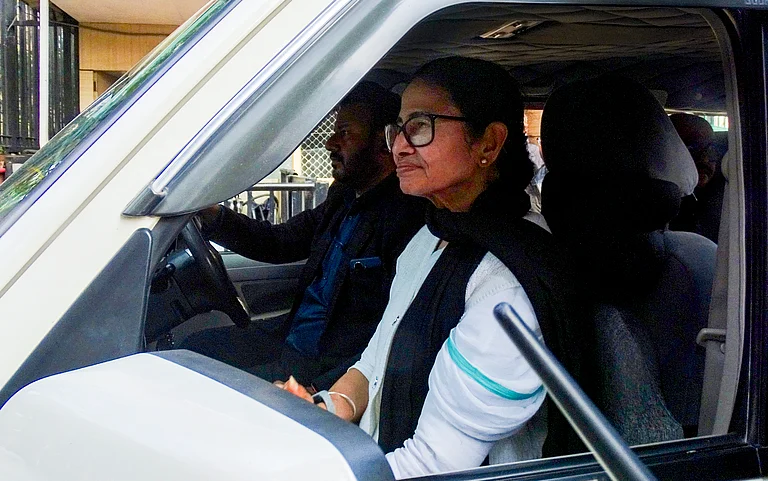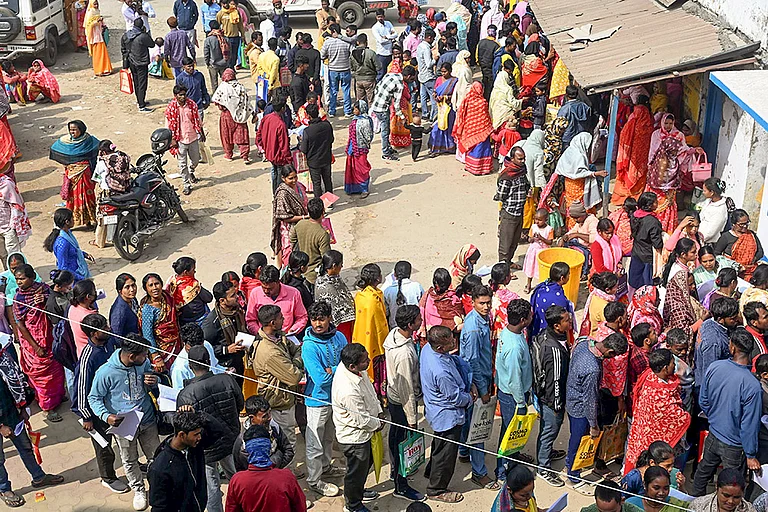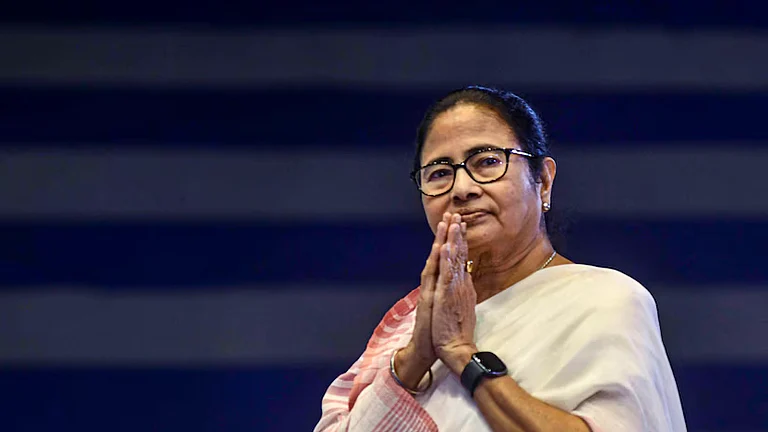The Centre has said that existing laws were stringent enough to tackle violence and crimes against women after a second letter from West Bengal Chief Minister Mamata Banerjee to Prime Minister Narendra Modi requesting for stringent laws on crimes like rape and murder.
Earlier, Banerjee had written a letter to Modi for enactment of stringent laws against crimes like rape and murder in wake of Kolkata trainee doctor’s case that lead to massive protests across the country.
In a second letter to Banerjee in a week, Union minister for women and child development Annapurna Devi urged the West Bengal government to implement the same in “letter and spirit”.
Devi has claimed that the information contained in the Bengal chief minister's letter was “factually incorrect” and suggested that it aims to “cover up delays” in the operationalization of Fast Track Special Courts (FTSCs) in the state.
Devi has said the state government has not operationalised additional 11 Fast Track Special Courts (FTSC) to specifically deal with cases of rape and POCSO cases.
Banerjee, who wrote to Modi recently on the issue on Kolkata case sought mandatory provision for time-bound disposal of cases of rape/rape and murder.
"In spite of the pendency of 48,600 rape and POCSO cases in West Bengal, the State has not operationalised additional 11 FTSCs which may be exclusive POCSO courts or combined FTSCs dealing with both rape and POCSO cases, as per the state's requirement," Devi said in the letter to Banerjee.
“As may be seen, the information contained in your letter in this regard is factually incorrect and appears to be a step in the direction to cover up the delays in operationalising the FTSCs by the state,” the letter added.
Responding to Banerjee's observation on the need to post permanent judicial officers in FTSCs, the Union minister said the scheme guidelines clearly provide for one judicial officer and seven staff to work exclusively for the disposal of rape and POCSO Act cases.
“Hence, an additional charge of FTSCs cannot be given to any permanent judicial officer or court staff. This position was clarified earlier to the West Bengal,” Devi said.





























